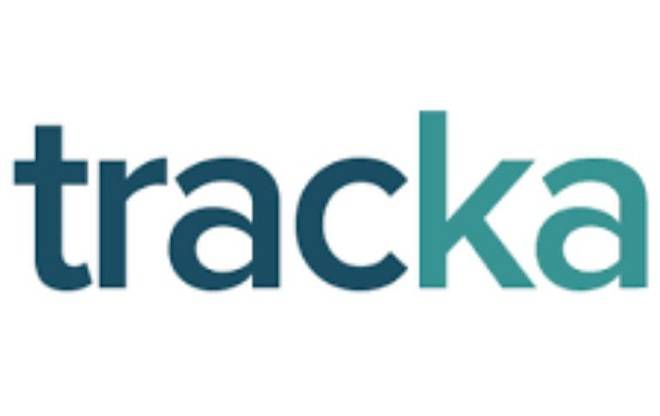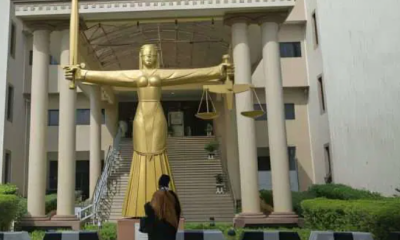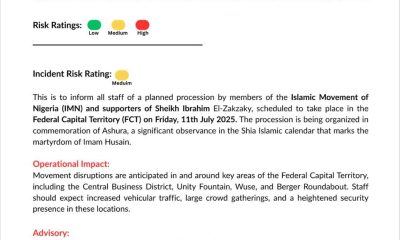By Chioma Obinagwam
Tracka, a transparency platform, which allows citizens to collaborate, track and give feedback on public projects in their communities is expanding to Abuja and Nasarawa States, a statement issued by BudgIT’s Communication’s Lead, Abiola Afolabi indicated.
According to the statement, Tracka who already has a presence in 22 States is scaling its reach to Nasarawa State and Abuja – the FCT to monitor public projects and ensure they are implemented through citizen collaboration and government engagement.
Acknowledging the low and poor implementation of capital projects over the years, Tracka ensures the budget works for the people by equipping them with adequate budgetary information to help demand service delivery.
“Our goal is to empower communities through simplified access to budgetary information to enable them ownership of the enlisted projects till it is fully executed. The tracking exercise will engage 24 communities in FCT Abuja and Nasarawa States, examining where capital projects are awarded and would have community project tracking teams within the locality. Tracka will collaborate with other stakeholders-Civil Society Groups, Religious and Traditional Leaders across the focus communities,” the statement disclosed.
The statement further disclosed that they will be engaging government officials and agencies via written letters to follow up on these projects and also engage digital citizens using social media as a feedback loop, whiles aggregating reviews to build actionable intelligence.
Speaking at the meeting, Omokhaye Henry, Programs Officer, BudgIT and coordinator of the Abuja budget tracking program, said, ” As citizens of Nigeria, it is important that we ensure transparency and accountability regarding the use of funds.”
BudgIT’s Lead Partner, Oluseun Onigbinde also stated: “The program should challenge government officials to ensure that funds are expended effectively and not as a tool for corruption.”
“It is increasingly vital for Civil Society Organizations(CSOs) to engage government on the use of public funds to repress the ignorance of the people in public funds management, which is the tool, used by public office holders to deny the citizen of service delivery,” he continued.

 Business1 week ago
Business1 week ago
 Football1 week ago
Football1 week ago
 Entertainment6 days ago
Entertainment6 days ago
 Entertainment3 days ago
Entertainment3 days ago
 Business1 week ago
Business1 week ago
 Comments and Issues6 days ago
Comments and Issues6 days ago
 Latest1 week ago
Latest1 week ago
 Business6 days ago
Business6 days ago













